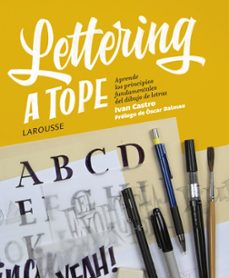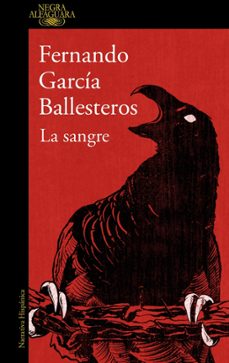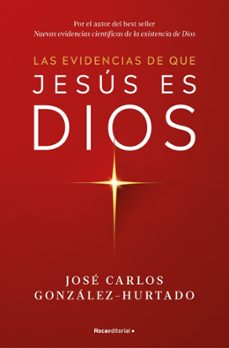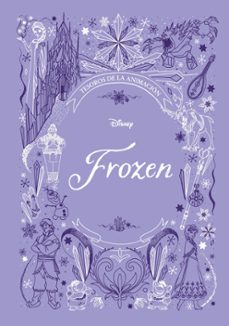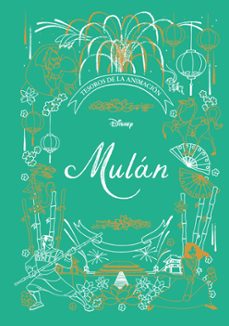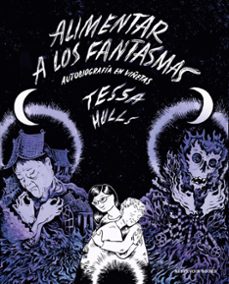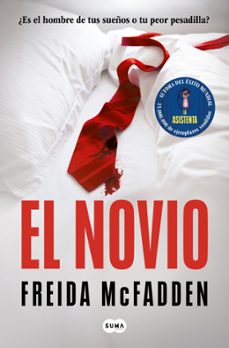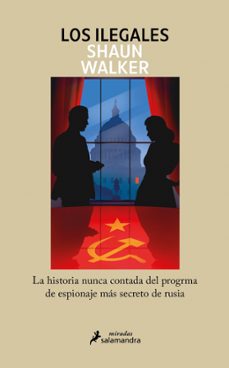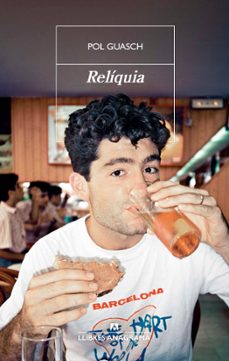📗 Libro en inglés A MAGIC LANTERN
UNIVERSITY OF CHICAGO PRESS- 9780226043821
Sinopsis de A MAGIC LANTERN
When a film is not a document, it is a dream. . . . At the editing table, when I run the strip of film through, frame by frame, I still feel that dizzy sense of magic of my childhood.” Bergman, who has conveyed this heady sense of wonder and vision to moviegoers for decades, traces his lifelong love affair with film in his breathtakingly visual autobiography, The Magic Lantern.
More grand mosaic than linear account, Bergman’s vignettes trace his life from a rural Swedish childhood through his work in theater to Hollywood’s golden age, and a tumultuous romantic history that includes five wives and more than a few mistresses. Throughout, Bergman recounts his life in a series of deeply personal flashbacks that document some of the most important moments in twentieth-century filmmaking as well as the private obsessions of the man behind them. Ambitious in scope yet sensitively wrought, The Magic Lantern is a window to the mind of one of our era’s great geniuses.
Ficha técnica
Editorial: University of Chicago Press
ISBN: 9780226043821
Idioma: Inglés
Número de páginas: 314
Tiempo de lectura:
6h 28m
Encuadernación: Tapa blanda
Fecha de lanzamiento: 15/05/2007
Año de edición: 2007
Especificaciones del producto
Escrito por Ingmar Bergman
Ingmar Bergman (Uppsala, 1918 - Fårö, Gotland, 2007). Cineasta, guionista y escritor sueco. Considerado uno de los directores de cine clave de la segunda mitad del siglo xx, es para muchos una de las personalidades más eminentes de la cinematografía mundial. En su obra se hace patente la influencia de dos dramaturgos: Henrik Ibsen y, sobre todo, August Strindberg, que le introdujeron en un mundo donde se manifestaban los grandes temas que tanto le atraerían, cargados de una atmósfera dramática, agobiante y desesperanzada. Entre los numerosos galardones que recibió, habría que destacar el Oso de Oro del Festival de Berlín en 1958 por Fresas Salvajes, el Óscar a la mejor película extranjera en 1961, 1962 y 1983 por El manantial de la doncella, Como en un espejo, y Fanny y Alexander, respectivamente; la Placa de Oro de la Academia Sueca, en 1958; el premio Erasmus, en Holanda, en 1965, y en 1975 el doctorado honorífico en Filosofía de la Universidad de Estocolmo.
Descubre más sobre Ingmar Bergman Recibe novedades de Ingmar Bergman directamente en tu email
Opiniones sobre A MAGIC LANTERN
¡Sólo por opinar entras en el sorteo mensual de tres tarjetas regalo valoradas en 20€*!

